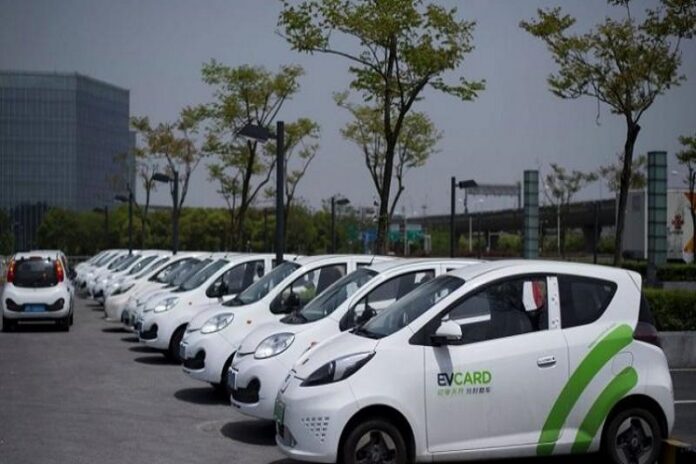In recent years, car-sharing services have emerged as a popular and transformative solution to urban mobility challenges. These services, offered by Uber, Lyft, and Zipcar, have revolutionized how people commute in cities worldwide. Car-sharing services are reshaping urban transportation by providing a convenient and sustainable alternative to traditional car ownership.
Convenience and Accessibility
One of the primary reasons behind the success of car-sharing services is their convenience and accessibility. Users can easily locate and reserve a nearby vehicle with just a few taps on a smartphone app. Whether a quick trip to the grocery store or a weekend getaway, car-sharing services offer flexibility and ease of use. Users can pick up and drop off vehicles at designated locations throughout the city, eliminating the hassle of parking and maintenance associated with personal vehicle ownership. For more information about their maintenance visit this website Motogprem.com.
Reduced Traffic and Emissions
Car-sharing services play a significant role in reducing traffic congestion and lowering carbon emissions in urban areas. By providing an alternative to private car ownership, these services encourage shared rides and reduce the number of vehicles on the road. As a result, traffic congestion is alleviated, leading to smoother traffic flow and reduced travel times. Moreover, car-sharing services often include electric or hybrid vehicles in their fleet, further contributing to reducing greenhouse gas emissions and air pollution.
Cost Savings and Affordability
For many city dwellers, owning a car can be expensive and impractical. Car-sharing services offer a cost-effective alternative, allowing users to pay when they need a vehicle. This eliminates expenses associated with car maintenance, insurance, and parking. Additionally, car-sharing services often have different pricing plans tailored to meet the diverse needs of users, making transportation more affordable and accessible for a wider range of individuals.
Enhanced Mobility Options:
Car-sharing services complement existing public transportation systems by providing a convenient last-mile solution. For example, someone taking a train or bus to their workplace can easily book a shared car for the final leg of their journey. This seamless integration of different transportation modes offers enhanced mobility options, bridging the gaps in public transportation coverage and enabling a more efficient and interconnected urban mobility network. To find the best car insurance options and enhanced mobility for your shared rides, visit Carinsurancequotenw.info.
Challenges and Future Outlook:
While car-sharing services have transformed urban mobility, they also face challenges that must be addressed for continued success. One challenge is sufficient vehicle availability to meet user demand during peak hours. Ensuring adequate vehicles and maintaining their condition requires efficient fleet management and strategic partnerships with automakers.
Another challenge is the need for a robust infrastructure to support car-sharing services. This includes the development of designated parking spots, charging stations for electric vehicles, and clear regulations for vehicle pick-up and drop-off locations. Collaborative efforts between car-sharing service providers, local governments, and urban planners are crucial in addressing these infrastructure challenges.
Looking ahead, the future of car-sharing services appears promising. As technology advances, integrating autonomous vehicles into car-sharing fleets is possible. This could further enhance the efficiency and convenience of these services while reducing costs. Additionally, partnerships between car-sharing companies and public transportation authorities can lead to integrated mobility platforms where users can seamlessly switch between different modes of transportation, making urban travel even more efficient and sustainable. For more information on car insurance options for car-sharing services, visit Carautoinsurancequotes2013.com.
Conclusion:
Car-sharing services have emerged as a transformative force in urban mobility, offering convenience, sustainability, and affordability. These services reshape how people commute in cities by encouraging shared rides, reducing traffic congestion, and providing last-mile solutions. While challenges remain, the ongoing technological advancements and collaborative efforts between stakeholders hold great potential for the future of car-sharing services and their positive impact on urban transportation.




